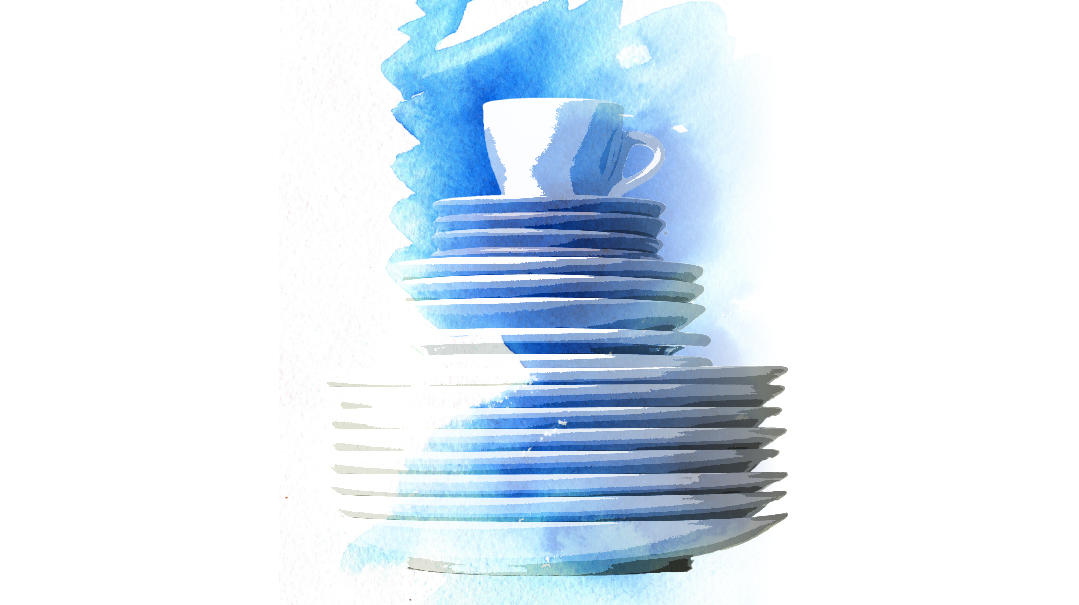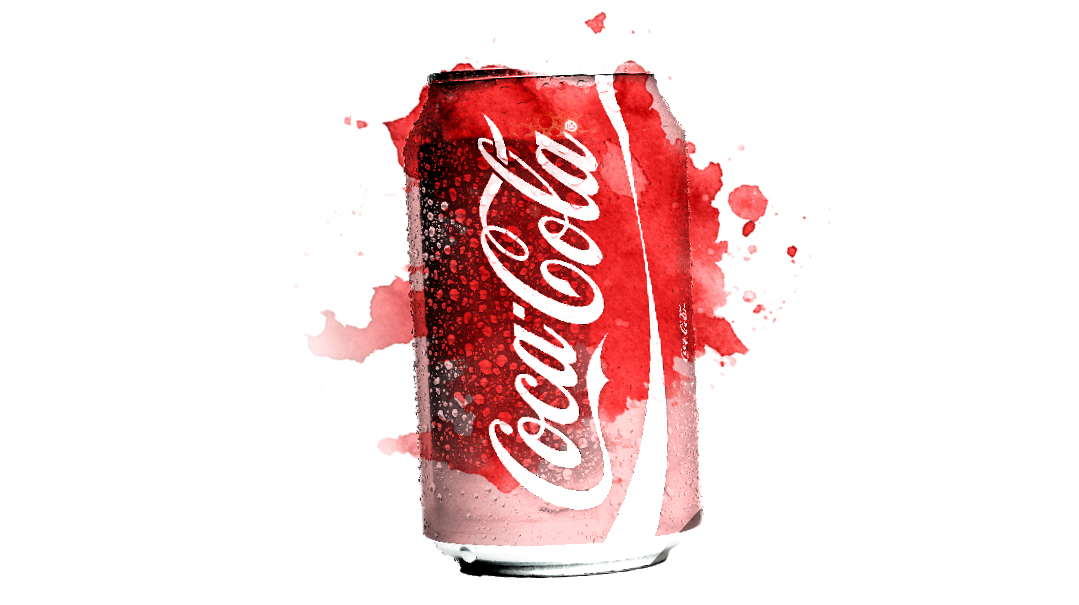Summer Job: Chapter 47


I t had always been a point of pride for Chaim Reimer that he and his family were home in Brooklyn for the Shabbos before Visiting Day. The shul was nearly empty with only a few elderly men and some other unfortunates left behind.
“It’s for people who have no koach no money or no friends ” Chaim would cheerfully tell Rivky when he’d come home and she would gamely smile. One year he’d even given a kiddush the full Neiman’s “all included” menu — the extra-creamy herring three types of salad (excluding sushi) and both potato and lukshen kugel — his gesture of respect for those who stayed behind.
Last year Grunstein — his wife was overdue and about to give birth at Harris Hospital — told his friends after the summer that he’d never seen Chaim Reimer in such good spirits as at that kiddush.
Now at eleven o’clock on Friday morning Erev Shabbos Visiting Day Chaim stood idly watching cars pull in and out of camp. There was a certain energy to the Catskills on a regular Friday but this was special: he’d been in Woodridge earlier that day to buy Rivky the magazines and newspapers that she wouldn’t have time to open and there was an undeniable headiness at having been released from the hot city. It was kind of nice Chaim thought people walking leisurely exchanging overly loud and friendly greetings acting so very unlike their usual Brooklyn selves.
Chaim’s thoughts were interrupted as he noticed Rabbi Gordon an eager young learning rebbi driving his Kia across the end of the baseball field. The rebbi noticed Chaim and he hit the brakes suddenly and rolled down the window.
“Sorry I didn’t mean to drive on the grass ” the younger man stammered “just the golf cart is parked there and I want to get to Shop-Rite before it gets meshugge you know? Hey can I get you anything?”
“No it’s fine thanks.”
Then knowing how self-righteous he sounded Chaim leaned over. “Tell me something just wondering. What would you be getting in Shop-Rite that the camp doesn’t serve you know food-wise? I’d love to have it so that everyone has what they need here that they don’t have to spend extra money on side dishes or desserts. I mean we’re paying a cook for a reason.”
Chaim took out his phone eager to compile a list. It would be something to bring up to Mr. Labkin — why should anyone have to shop for food elsewhere if the camp had a cook?
Rabbi Gordon looked confused. “Chas v’shalom the food here is mamesh delicious it’s a big break for my rebbetzin and we enjoy everything the camp serves. A groisse yasher koach really. My older son he says the kishke here is better than at any kiddush in Lakewood be’emes.”
Chaim frowned. “So what’s in Shop-Rite?”
The rebbi colored slightly. “My boys work hard in learning groups all week so on Shabbos I buy a few jars of pickles. The camp puts out pickles but I guess the kids don’t love that brand. Or maybe there’s not enough. And I go around by the seudos and I give them some pickles you know so they should feel at home feel a bit Shabbosdig. It’s an easy way to give them a good feeling.”
Chaim swallowed hard. Again he had that vague sense that he’d missed out on some fundamental part of life some experience that other people took for granted.
“The camp ” he finally said “wants to be mishtatef.” He removed a $50 bill from his pocket.
The rebbi was frozen.
“Nu take it. It’s for the pickles.” Chaim dropped the money through the open window and walked away fighting off tears.
Oops! We could not locate your form.







